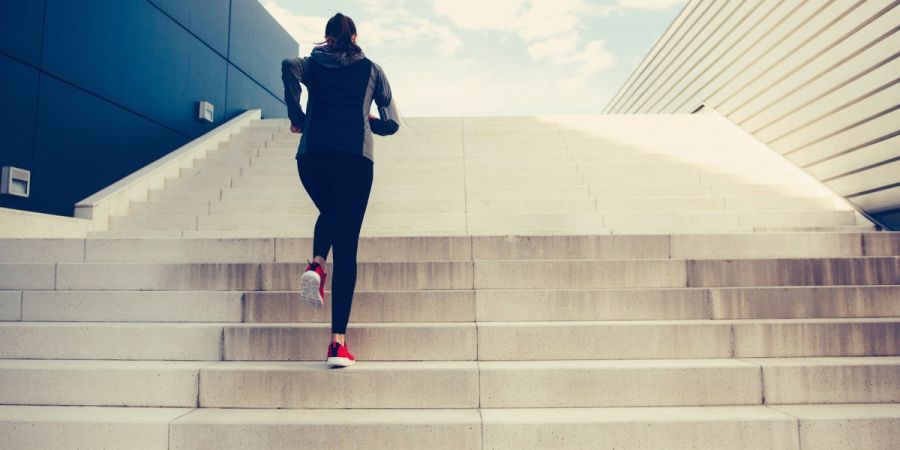

The fatal mistake we are doing today is to avoid health problems without taking any proper precautions. But often even unnecessary crises create challenges in life. There is now a situation where even the slightest hiccup can turn into a crisis. Because we have to be careful to avoid the maximum that can occur in each situation. Many people nowadays climb stairs using elevators. But be a little careful when skipping the elevator and starting to climb the stairs. Because those who climb the steps in this way get dizzy.
Many do not know the reason behind this. No matter how careful you are, this problem is waiting for you. This then leads to a variety of physical challenges. One thing to watch out for if you have difficulty breathing after climbing the stairs. Otherwise it puts you at greater risk. Let’s take a look at what you need to pay attention to in each situations.
If you have any kind of illness you need to be a little more careful. Because if you have more difficulties after climbing a step, it indicates that you have some kind of illness. If you have such difficulties after climbing a staircase you need to be a little more careful. If you experience chest pain and fluid in the legs and ankles, call a doctor, as this may mean that you may have health problems.
Many people try to warm up before they start exercising. But such crises occur when there is no warm-up. This is because a warm up helps to warm up the muscles, gradually increase blood flow and oxygen, and reduce the risk of injury. But on days when there is no warm up, you need to be careful if you experience such discomfort while climbing stairs. The truth is that otherwise it does not cause problems.
When you start to climb the stairs, the body suddenly becomes very active without pre-heating the body. Therefore, your body has to work harder to get more oxygen to your muscles in a very short time. And your heart rate will increase. So it is natural for you to feel dizzy later. This is not a fact to be feared.
Stair climbing is a different energy system than the cardio exercises we usually do. This is called the phosphogen energy system. It is used when your muscles need a lot of energy for short but intense activities. It is therefore common to feel dizziness when climbing a step after a very long and strenuous cardio session followed by very intense activity. Such things need a little attention.
You have 2 types of muscle fibers - slow-twitch and fast-twitch. If you are an experienced runner, you can tolerate running long distances, and slow-twitch fibers help with this. It’s one that gets tired easily. As a result, as you climb the stairs, you need faster muscles for quick explosive movements, but they get tired faster. As a result, you feel dizzy.
If you are a person who exercises, you use more slow-twitch fibers, which depend on aerobic metabolism. However, as you climb the stairs, those small activities require aerodynamic metabolism. It produces carbon dioxide and hydrogen, which athletes are more sensitive to than other people. This is why climbing stairs is easier for someone who does not exercise than someone who trains endurance.
Try to use the steps more often. Since we don’t do this much, you may find that our body is not getting used to doing such physical activities, and it can be harder than you expect. So the more times we do this, the more we need to practice doing it. In addition, you can try exercises that require energy, such as sprints, jumps or other explosive movements, as you climb stairs. The fact is that the lower the stairs, the better.




